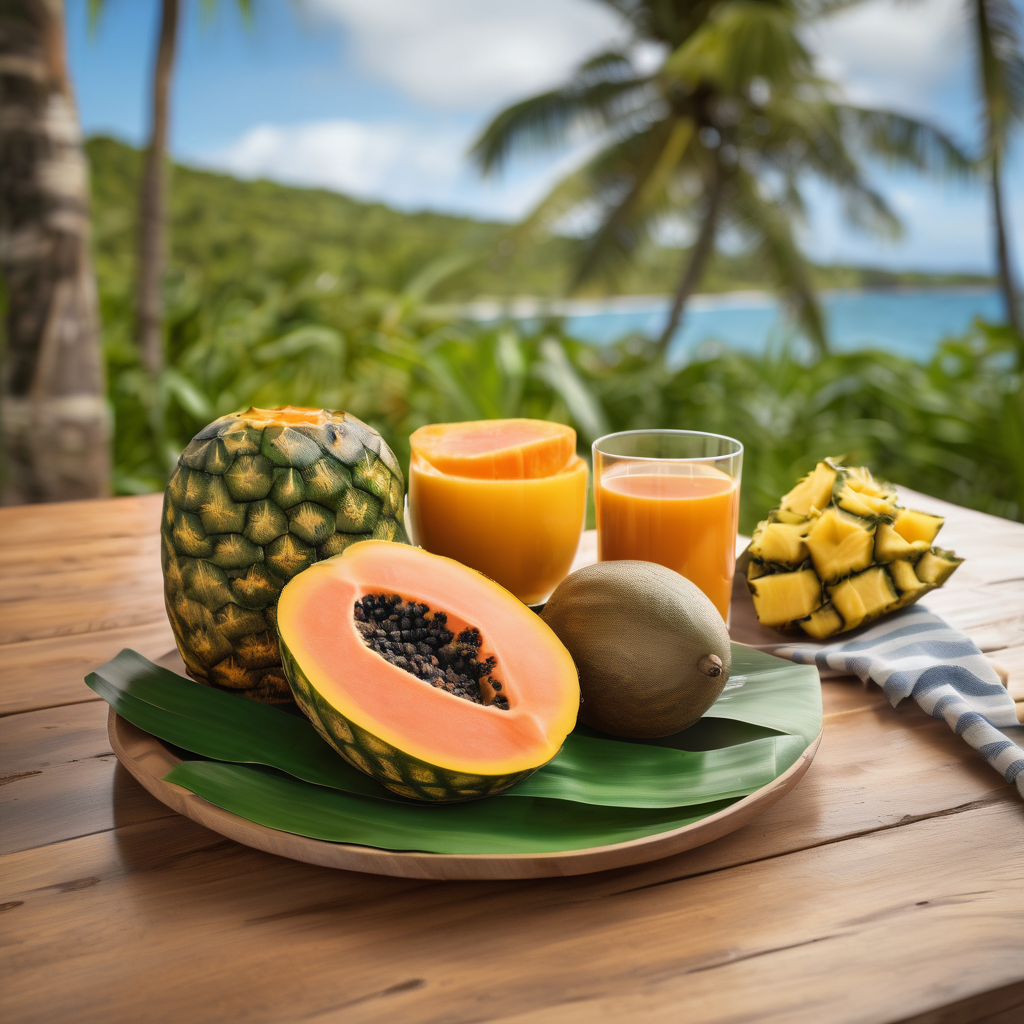The incidence of stroke cases among youths in Fiji is alarmingly on the rise, with Counterstroke Fiji’s President, Elizabeth Fong, underscoring this concerning trend. Historically regarded as a condition primarily affecting older adults, strokes are increasingly impacting younger demographics, with unhealthy lifestyles often cited as a key contributing factor.
Fong identified poor diet choices, insufficient physical activity, and heightened stress levels as significant elements leading to this public health crisis. She warned that as young individuals adopt these unhealthy habits, the consequences extend beyond personal health, potentially affecting employment, productivity, and the country’s overall economic growth. “By the time they reach 40, they are still young by our population standards, yet severely impacted by strokes,” Fong stated, emphasizing that Fiji is currently facing a non-communicable disease (NCD) crisis.
To address this urgent situation, Fong is advocating for enhanced awareness campaigns focused on promoting a healthier lifestyle among the youth. Dr. Devina Nand, the Head of Wellness, echoed these sentiments, calling on various organizations to collaborate in strengthening policies that target non-communicable diseases. She highlighted the need for comprehensive strategies involving policy advocacy, community engagement, data sharing, and resource mobilization to combat this growing concern.
The statistics are stark – one in four individuals will experience a stroke in their lifetime, a reality that deeply impacts not only families but entire communities. The need for effective preventive health measures has never been more critical, as these statistics illustrate the profound implications of the rising stroke rates in Fiji.
In recent reports, it has been noted that approximately three individuals are admitted to the Colonial War Memorial Hospital each day due to strokes, a clear indication of the urgent need for lifestyle changes among the population. Initiatives by organizations like Counterstroke Fiji remain vital as they work tirelessly to raise awareness and address the pressing health challenges posed by non-communicable diseases such as strokes.
Ongoing efforts aimed at education, community support, and lifestyle modification provide hope for a healthier future in Fiji. By championing awareness and actively engaging communities in health discussions, there is potential to effect positive changes that could ultimately lead to decreased stroke incidences across all age groups.
